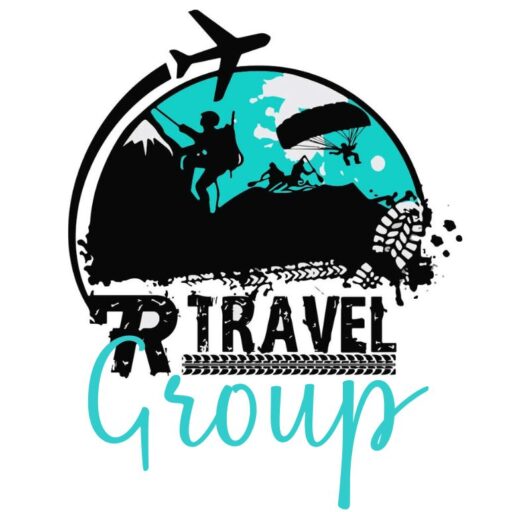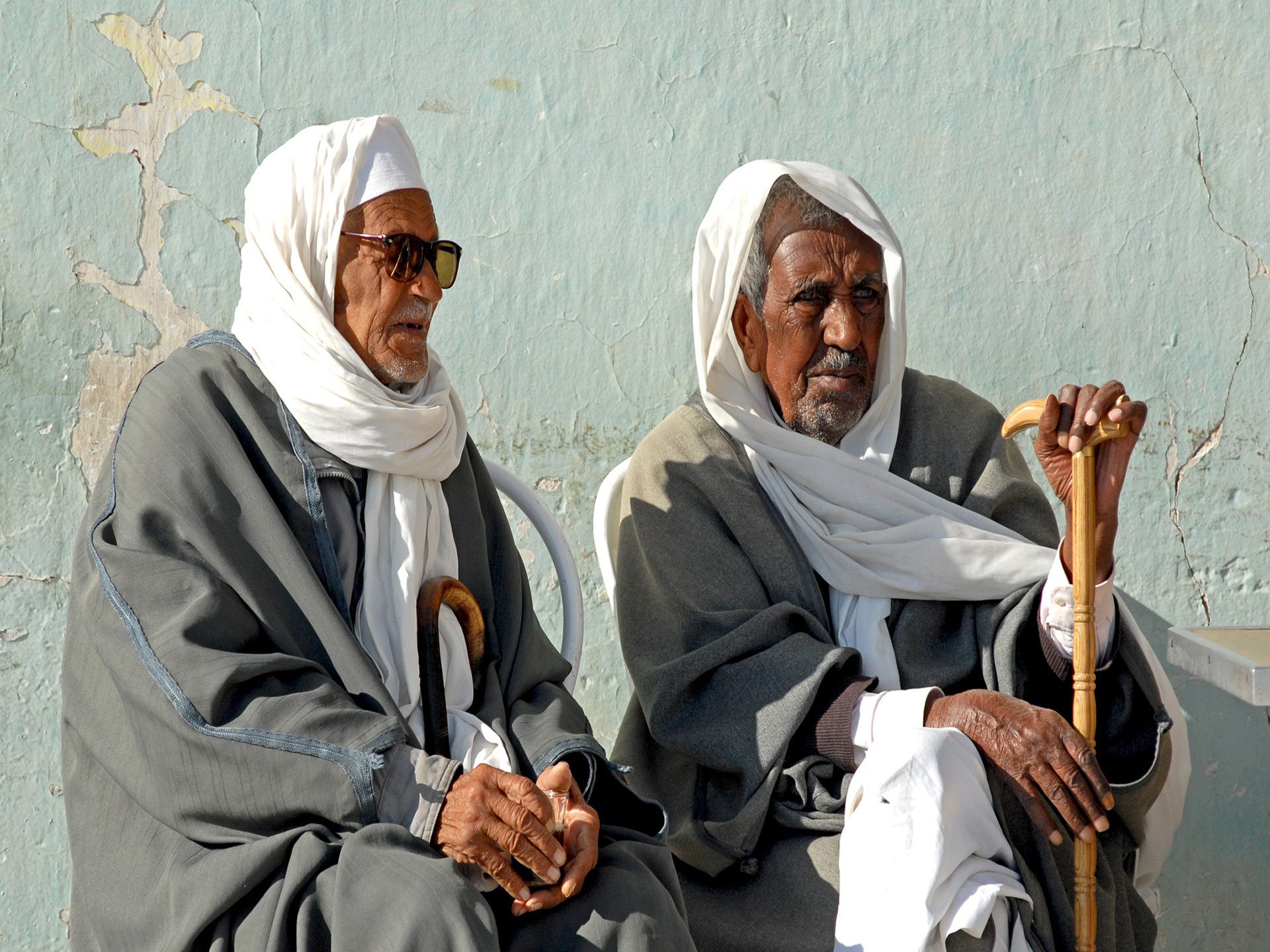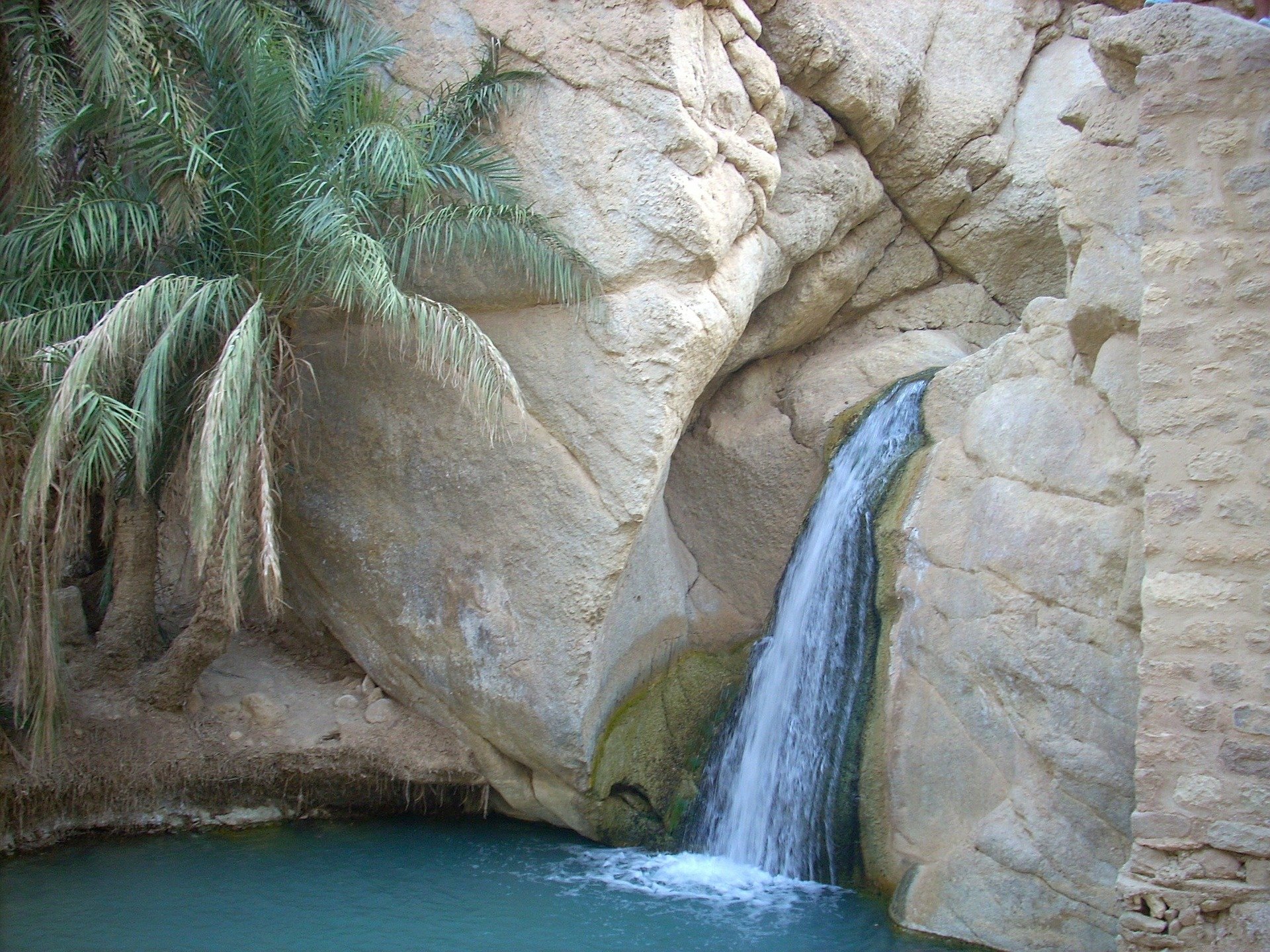Tunisia
Sports and adventures
Here are the sports and adventures we recommend in this destination.
For more details about sports click here.
The variety of environmens makes any outdoor activity possible.
- On the sea you can practice snorkeling, diving, water skiing and kitesurfing.
- In the deserts (or on the salt lake of Chott el Jerid) camel or horses excursions, but also trips by quad, buggy, or motorbike or off-road.
- The Atlas Mountains are ideal for trekking.
- A speed sail ride (windsurfing on wheels) on the salt lake.
- The breathtaking view of the oases seen from above of a hang glider or a hot air balloon.
Experiences
Here are some of the unique and exciting experiences you could live in this destination:
- Experience the charm of the desert on a 4×4 tour and then sleep in a tent surrounded by silense and admiring the stars in the sky.
- A journey from Metlaoui to Tozeur or Gafsa passing through deserts and mountains on a train of the early twentieth century.
- Take an excursion aboard a pirate ship.
- Taste the typical cuisine, which is very varied and tasty.
- …
What to see
Here’s what to see during the trip to Tunisia:
- Mosque of Kairouan, the religious capital
- Monastir, of Phoenician origin
- Tozeur, at the base of the mountains
- Douz, the door of the Sahara
- The old qasbahs of Sfax and Le Kef
- The medina of Sousse
- The underground berber village of Matmata
- The Roman amphitheater of El Jem
- The ancient settlements of Kerkouane and Tatooine
- The Roman fortress in the oasis of Ksar Ghilane
- The Roman city of Dougga
- The old city of Mahdia
- The Punic and Roman ruins of Byrsa Hills in Carthage and Boulla Regia
- Tunis, with the Roman mosaics of the Bardo Museum, the souk and the panorama of the city from the terraces
- Many of Tunisia’s historical sites are part of the UNESCO World Heritage Site.

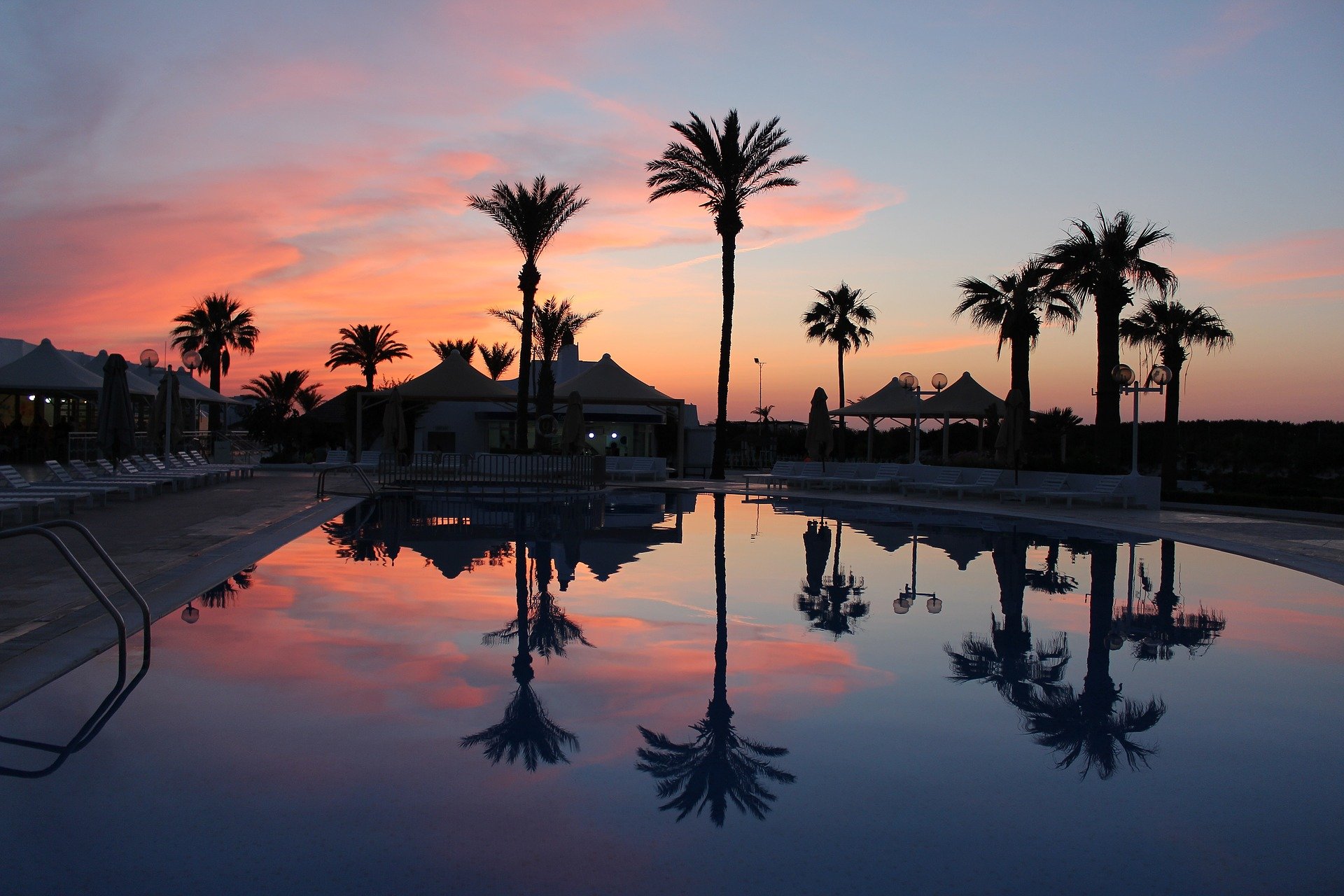
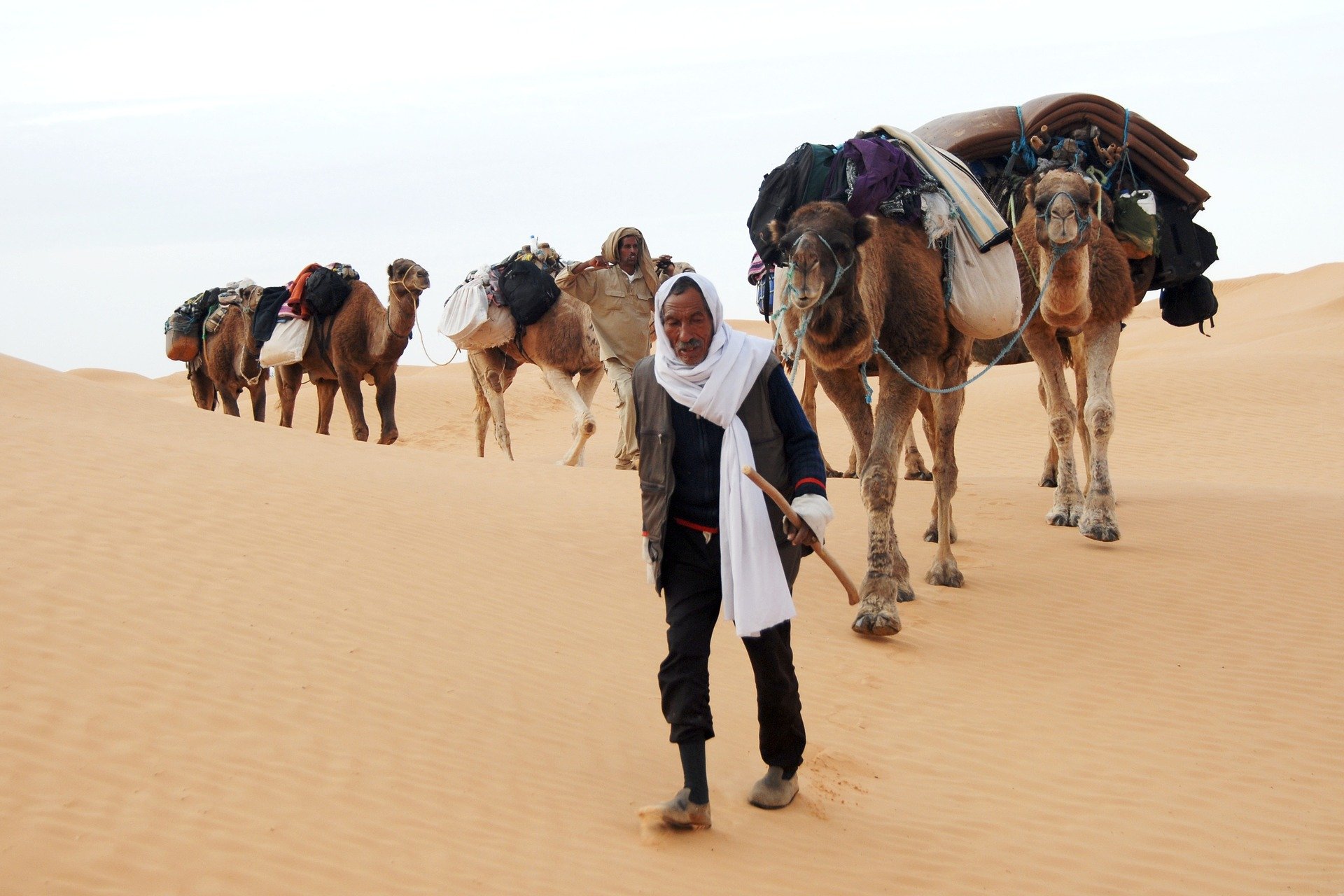
Nature
The landscape, the flora and the fauna of this country are just one of the reasons to visit it.
In Tunisia there are about sixty protected areas and the environment varies from the Saharian sandy deserts, such as
the Jebil National Park,
to the rocky ones furrowed by deep gorges such as Jugurtha, Lake Ichkeul and salt lakes of the desert (Chott el Je-rid).
The oases of Gabes, Gafsa, Nefta, Tozeur, Chebika are also amzing.
Food and Wine
What you could eat and drink in this country
The traditional Berber cuisine of Tunisia is now more international, but no less spicy and you can taste it in the cheap gargotte.
You can taste couscous with various meats (lamb, fish) and tajine (a sort of omelette with stewed meat and vegetables, eggs and cheese, cooked in traditional crock pots, the tajine precisely).
The vegetables used to prepare salads are almost always fresh and good.
Also try the merguez (spicy sausage), the harissa (chili sauce for “fireproof” palates) to spread on bread together with small olives.
Absolutely don’t miss the brick, a very thin crunchy dough, often closed like a panzerotto, filled with meat or tuna and a whole egg.
Lamb is often used to cook dishes such as coucha (spiced shoulder with curcuma and pepper), shorba (soup), berber lamb (with potatoes and carrots)
The desserts are very sweet, often based on honey or dates.
At any time you can drink green tea, but there are also wines and beer (Tunisia produces excellent red and white wines).
Among the spirits there is thibarine (based on dates), bourkha (figs) and laghmi (palm sap).
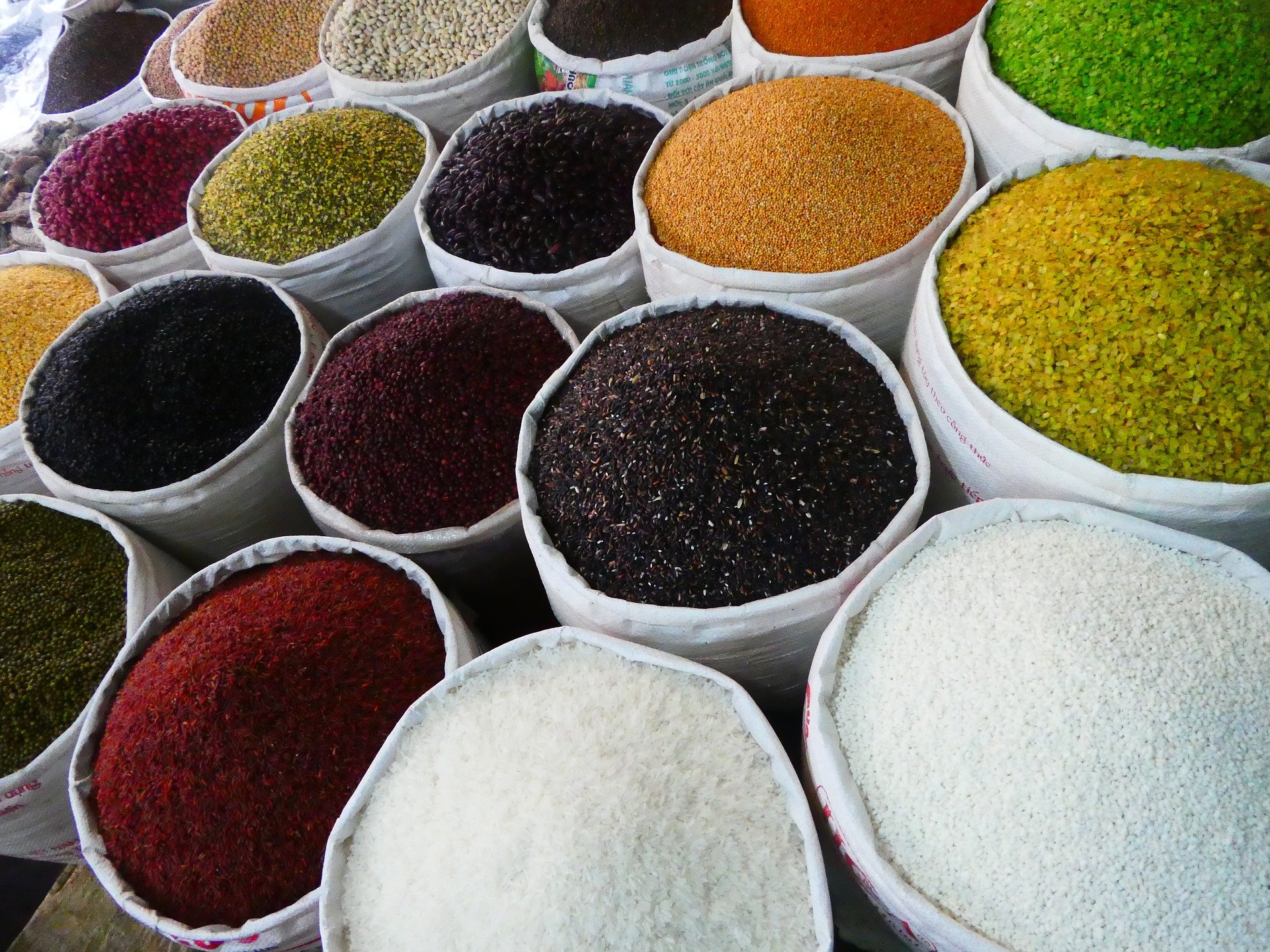
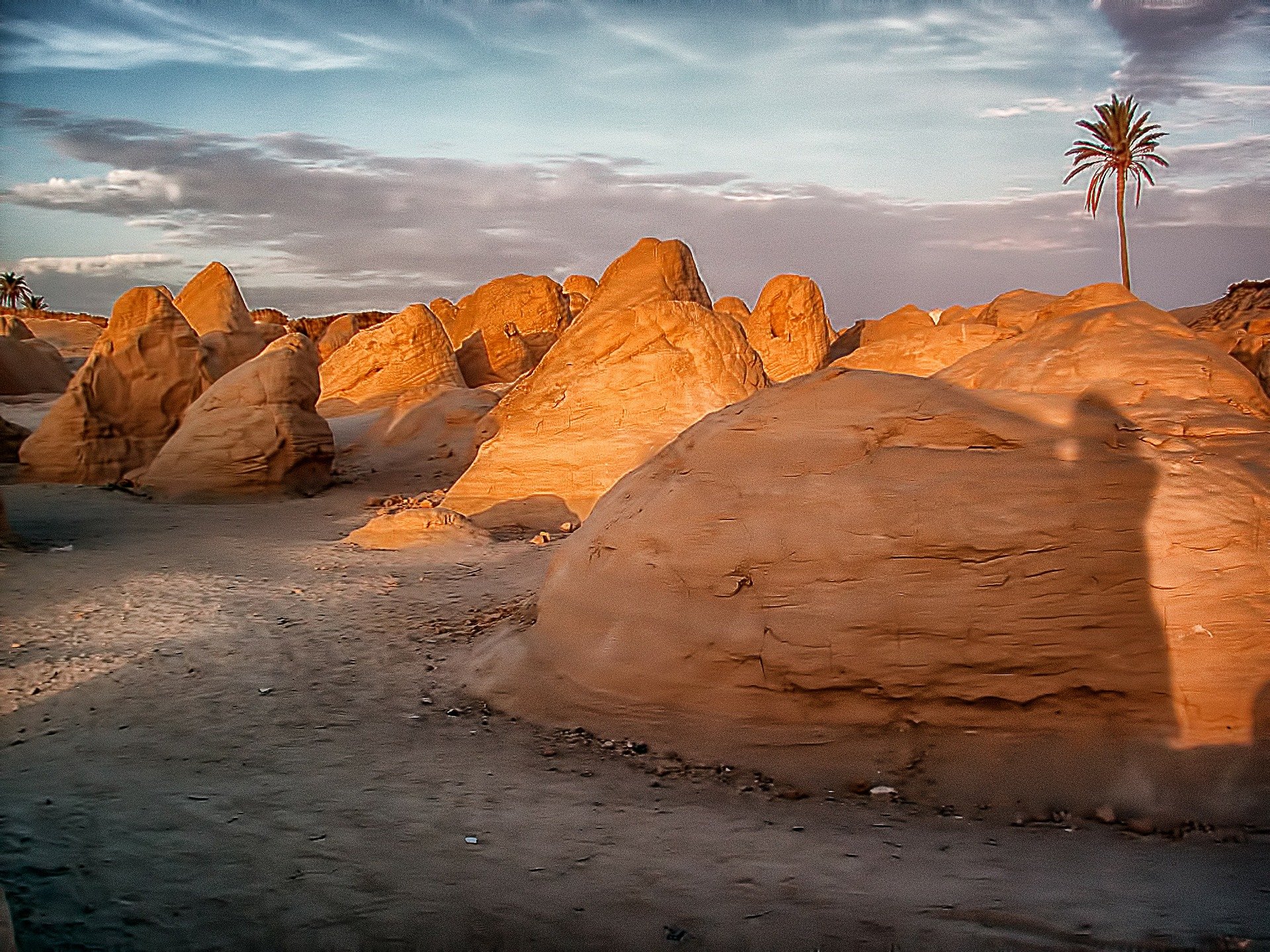
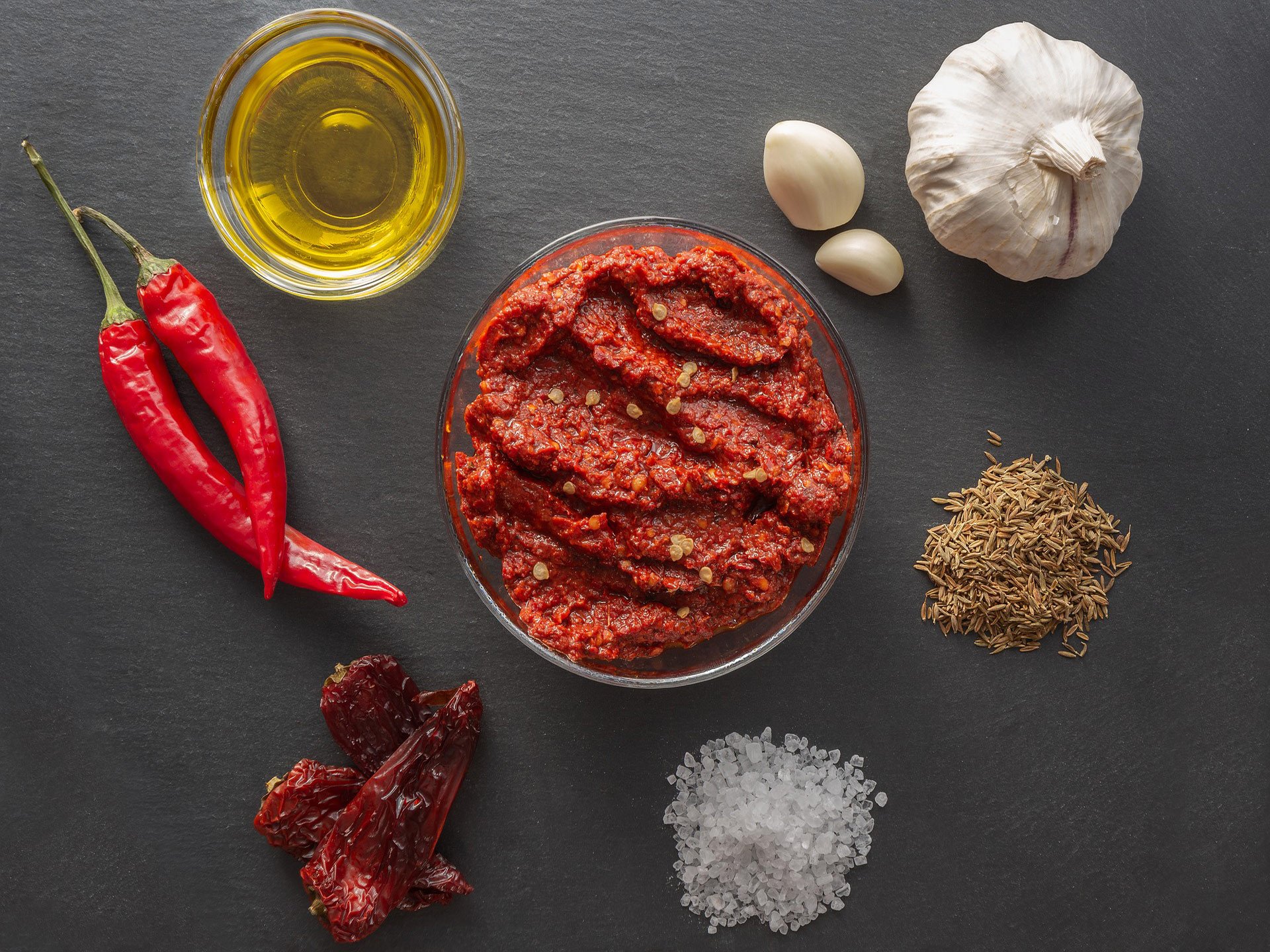
When to go
The climate is subtropical, Mediterranean on the coasts and desert inside, with very hot summers (mitigated by the sea breeze on the coasts) and mild winters.
The best times to go are from March to May and from September to November.
For tours in the deserts, winter is also perfect.
Information
Language: Arabic; almost everywhere French and sometimes Italian are spoken.
Currency: Tunisian dinar – TD – TND
Capital: Tunis
For up-to-date and detailed information visit www.viaggiaresicuri.it
Some tips
Tunisia is a tolerant Muslim country, especially in the north and in the cities.
We advise you not to expose your body too much (on beaches it is tolerated) and to respect the conditions imposed for entering the mosques.
Tunisian dinars cannot be exported, nor can they be spent in duty free shops, so you should get rid of them before entering the airport.
Do you like this destination?
Download an example of a travel plan. You can use it as a base for your customizide tour.
Do you want to visit it with us on a discovery tour?
